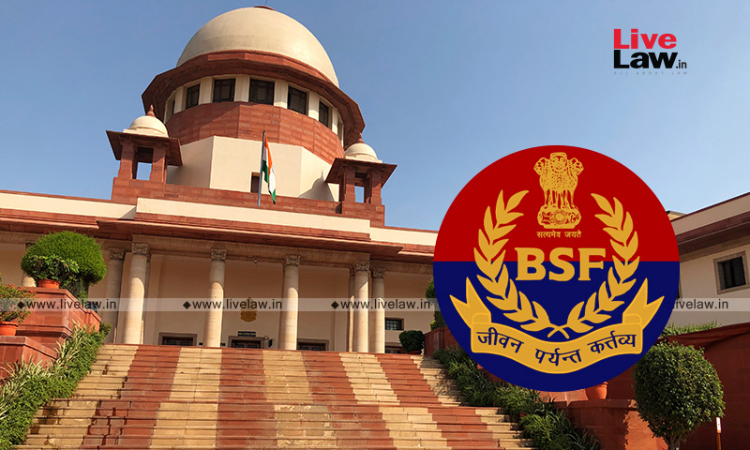Supreme Court Sets Aside Punishment Imposed On BSF Commandant For Allegedly Allowing Trans-Border Drugs Smuggling
Udit Singh
14 April 2023 5:46 PM IST

Next Story
14 April 2023 5:46 PM IST
The Supreme Court on Thursday(April 13) set aside the judgement and order of the Punjab & Haryana High Court which upheld the conviction of an Ex-Commandant of BSF under various provisions of BSF Act and NDPS Act, on the ground that there was no direct and cogent evidence against him.The division bench of Justice Krishna Murari and Justice Ahsanuddin Amanullah noted:“In the absence...
